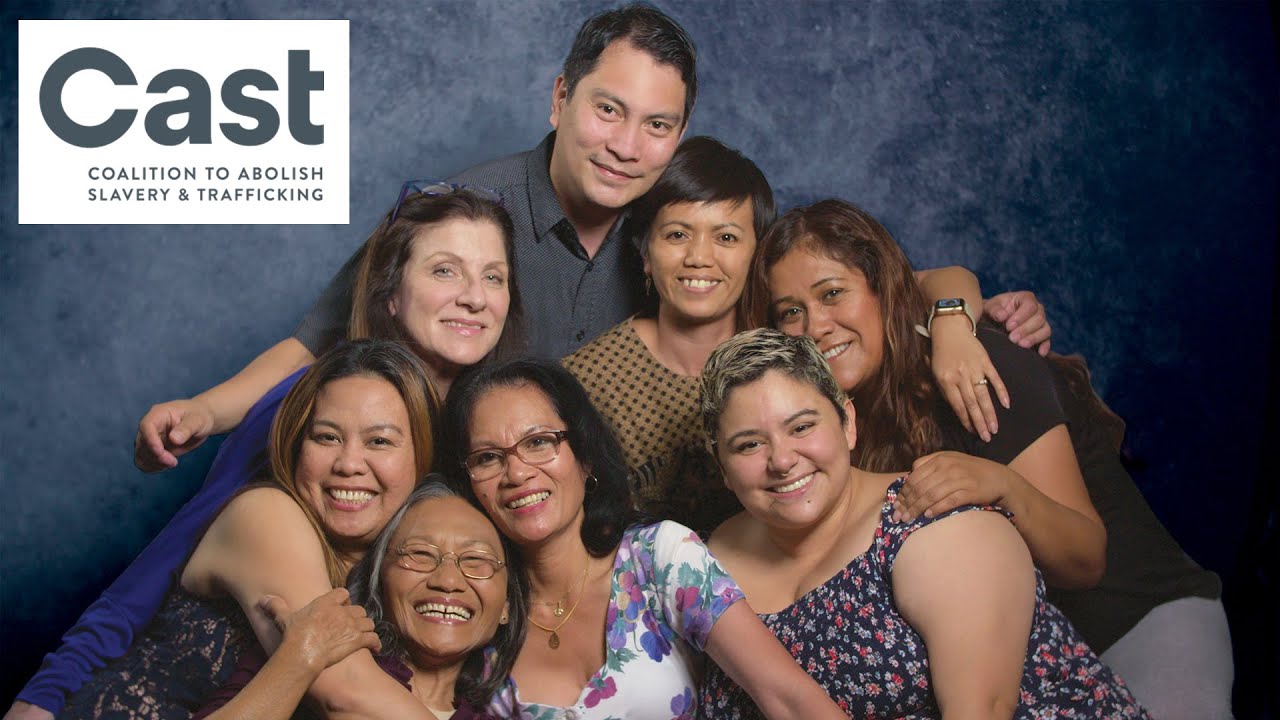
NGOCSTIP – CAST’s Survivor Services and Training provide vital support for victims of human trafficking. These services help survivors regain control over their lives. Many trafficking victims experience severe trauma, health problems, and legal difficulties. CAST offers a holistic approach, combining emotional, medical, legal, and practical aid. Their training programs also educate professionals on identifying victims and providing proper care. By empowering survivors and training helpers, CAST builds a stronger network against trafficking. The organization plays a crucial role in helping victims rebuild their futures with hope and dignity.
CAST’s survivor services are tailored to individual needs and circumstances. Case managers work closely with survivors to create personalized recovery plans. Mental health counseling addresses trauma, anxiety, and depression survivors face daily. Survivors are connected with medical professionals for necessary health screenings and treatments. Safe and confidential housing options protect survivors from re-exploitation and harm. Legal advocacy guides survivors through complex immigration and criminal justice systems. Employment programs teach job skills and provide career counseling to foster independence. Educational support helps survivors continue or resume their schooling. All services are designed to promote healing, stability, and self-sufficiency.
Peer support groups play an important role in emotional recovery. Survivors find comfort sharing experiences with others who understand. These groups build community and reduce feelings of isolation. Survivors are encouraged to develop leadership skills through mentoring roles. This empowerment fosters resilience and hope for the future. CAST continually adapts its services based on survivor feedback and emerging needs. The focus remains on long-term healing, not just immediate crisis management.
“Read about: Cracking Down on Trafficking: Human Trafficking Institute Begins Work in Kenya”
CAST’s training programs target a broad range of professionals. First, law enforcement officers learn victim-centered investigation techniques. Additionally, healthcare workers receive instruction on trauma-informed care and victim screening. Social service providers are trained to recognize trafficking indicators and offer support. Moreover, workshops highlight cultural sensitivity and the importance of confidentiality. Training also covers legal rights and available protections for survivors. Furthermore, community organizations and educators can join awareness sessions to improve outreach. CAST updates curricula regularly to address new trafficking trends. As a result, these efforts create a knowledgeable and compassionate network of responders. Better-trained professionals lead to earlier victim identification and improved outcomes.
Public awareness campaigns complement formal training sessions. CAST partners with schools, businesses, and faith groups to spread information. Consequently, these initiatives aim to reduce stigma and encourage reporting of suspected trafficking. Training participants often become advocates in their communities. CAST’s education programs emphasize prevention alongside survivor support. By building awareness, CAST contributes to stronger, safer communities.
Many survivors express gratitude for CAST’s comprehensive services. Afterwards, they report improved mental health and increased confidence after receiving support. Survivors gain practical skills and resources to rebuild their lives. In addition, employment assistance often leads to sustainable jobs and financial independence. Educational programs open doors for further learning and personal growth. Moreover, peer support fosters a sense of belonging and empowerment. Communities benefit as survivors become leaders and advocates for change. Meanwhile, awareness efforts reduce trafficking’s hidden nature in local areas. Collaboration between agencies strengthens protective networks for vulnerable populations. Consequently, the overall impact creates a positive ripple effect on society.
Survivors often become role models for others escaping trafficking. Their stories inspire hope and motivate change. Therefore, CAST encourages survivors to participate in public speaking and training roles. This inclusion helps amplify survivor voices in policy and advocacy efforts. Ultimately, the organization’s work has transformed many lives, creating lasting social impact.
“Read more: Why Are More Kids Struggling? Inside the Child Mental Health Epidemic”
CAST plans to expand its reach to serve more survivors across the country. Increasing funding and resources remains a constant challenge. The organization explores innovative technology to improve service delivery and training access. Strengthening partnerships with government and international agencies is a priority. New trafficking methods require continuous updates to programs and curricula. CAST advocates for stronger policies to protect survivors and prevent trafficking. The organization remains committed to survivor-centered care and empowerment. CAST envisions a future where trafficking is eradicated, and survivors thrive.